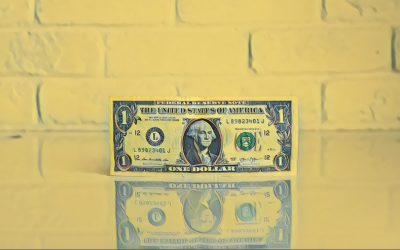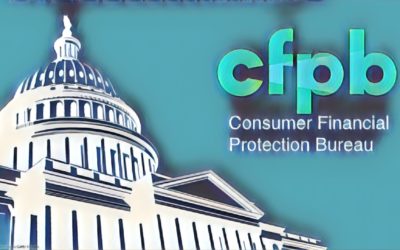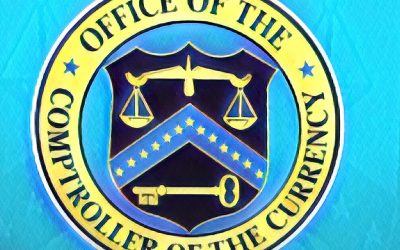Our Resources
A Digital Financial Literacy Program
Too many consumers mismanage their budgets, make uninformed investment decisions, and fail to properly plan for the future. NAFSA is committed to empowering people with the skills they need to change this trend and thrive financially. NAFSA’s Financial Literacy Program offers an assortment of digital modules covering a wide variety of financial topics, including building emergency savings, mortgage education, and retirement planning.
Tribal Online Lending Best Practices
NAFSA has developed Best Practices for the exclusive use of all NAFSA Members as it relates to their Tribal Online Lending businesses. We believe these Best Practices will help ensure consumer protection, quality service, and positive customer and industry interactions during the life of the loans made by tribal lending entities who are NAFSA members. Our Best Practices apply to all stages of the loan, including marketing, origination, servicing, collecting, and ongoing data privacy.
The Latest Financial News
CFPB Says Certain Earned Wage Access Products Are Not Credit
On December 23, the CFPB issued an advisory opinion concluding that certain earned wage access (EWA) products fall outside the definition of credit under the Truth in Lending Act (TILA) and Regulation Z. In so doing, the Bureau formally withdrew a Biden-era proposed...
21 States Challenge CFPB Defunding Strategy in Federal Court
A coalition of 21 states and the District of Columbia filed suit on Monday seeking to block what they describe as the Trump Administration’s unlawful defunding of the Consumer Financial Protection Bureau (CFPB). The lawsuit targets actions taken by CFPB Acting...
OCC Flags Debanking Practices at Nine Large Banks
Last week, the Office of the Comptroller of the Currency released preliminary findings from a supervisory review of “debanking” practices at nine of the largest national banks it oversees, concluding that the institutions “made inappropriate distinctions among...





